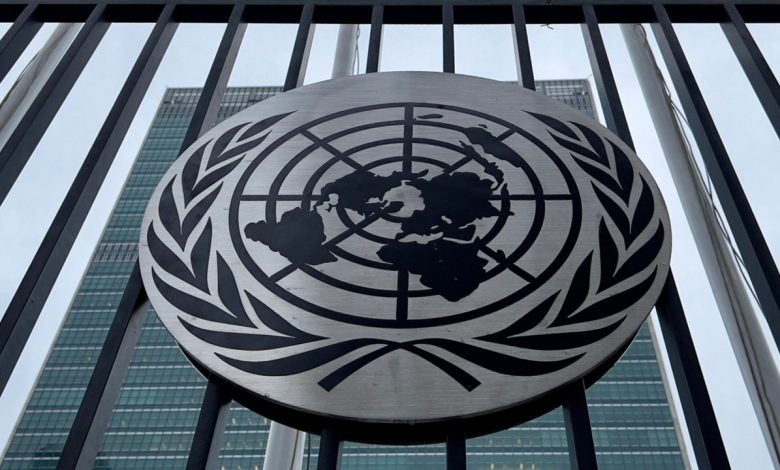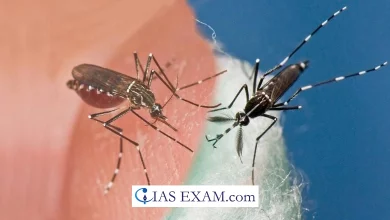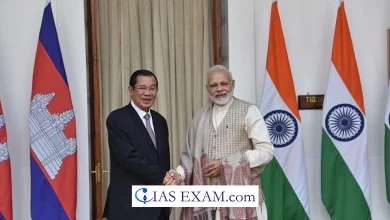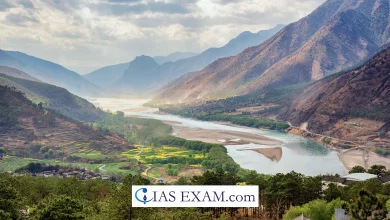
News Highlight– Recently, UN General Assembly (UNGA) President Csaba Korosi said that the UNSC does not reflect today’s realities.
Key points
- UNGA President, Csaba Korosi is a Hungarian diplomat presently serving as President of the 77th UNGA.
- Mr. Korosi is currently on his bilateral visit to India.
- It is his first ever bilateral visit to any country since he assumed his role as President of the UN General Assembly in September 2022.
Opinion on UNSC reforms:
- UNGA President stated that the UN Security Council does not reflect today’s realities, is paralysed and unable to discharge its basic function of maintaining international peace and security when one of its permanent members has attacked its neighbour.
Reasons cited:
- According to him, the Security Council cannot discharge its basic function as one of the permanent members of the Security Council being attacked by its neighbour.
- The Security Council must be the body to take action against the aggression. But due to the veto power, the Security Council cannot act.
Push for reforms:
- He also stated that there is a push from a growing number of member nations to reform the powerful UN organ.
Background:
- Russia, a veto-wielding permanent member of the UN, attacked Ukraine in February 2022.
- Russia has also vetoed UNSC resolutions on Ukraine.
- Russia voted against a resolution in the UNGA that called on countries not to recognise the four regions of Ukraine that Russia has claimed.
United Nations Security Council (UNSC)
- UNSC is one of the UN’s six main organs and is aimed at maintaining international peace and security.
- It held its first session on 17th January 1946 in Westminster, London.
- Its Headquarter is situated in New York City.
- The Council is mainly composed of 15 Members:
- Permanent members with veto power include China, France, Russia, the United Kingdom and the United States.
- Over 50 United Nations Member States have never been Members of the Security Council.
UNSC elections:
- Each year the General Assembly elects five non-permanent members out of 10 in total for a two-year term.
- The 10 non-permanent seats are distributed on a regional basis as:
- Five for African and Asian States.
- One for the Eastern European States.
- Two for the Latin American and Caribbean States;
- Two for Western European and other States
- To be elected to the Council, candidate countries need a two-thirds majority of ballots of the Member States present and voting in the Assembly.
- The UNSC elections were traditionally held in the General Assembly hall where each of the 193 member states casting its vote in a secret ballot.
UN Reforms
Demand of reform:
- Reform of the United Nations Security Council (UNSC) encompasses five key issues such as
- Categories of membership,
- The question of the veto held by the five permanent members,
- Regional representation,
- The size of an enlarged Council and its working methods, and
- The Security Council-General Assembly relationship.
Need for the reform
- Changing world order:
-
- In the 77-year-old history of the UN, the composition of the Security Council has been altered only once since then.
- In 1963 when the General Assembly decided to expand the Council from 11 to 15 members, with the addition of four non-permanent seats.
- The world has changed after that. The geopolitical relations in the world have altered, the economic responsibilities in the world in countries have also changed.
Equitable World Order:
- There is a need for a more equitable world to uphold the principles of democracy at the global level.
Inclusivity:
- Developing countries such as the African countries, need to be made stakeholders in the multilateral institutions and involved in the decision-making process.
Mitigation of New Threats:
- With rising protectionism, increased incidents of terrorism and the threat of climate change, the multilateral system must become more resilient and responsive.
- Any reform of the Security Council would require the agreement of at least two-thirds of UN member states in a vote in the General Assembly and it must be ratified by two-thirds of Member States.
- All of the permanent members of the UNSC (which have veto rights) should also agree.
Challenges:
-
- Lack of Political Will:
- Although there is a general agreement towards change in the system, several countries have different perceptions of the requirement for change.
- Lack of Political Will:
- Coffee Club:
-
- It is an informal group comprising 40-odd member states, particularly middle-sized states who oppose bigger regional powers grabbing permanent seats, has been instrumental in holding back reforms to the United Nations Security Council over the past six years.
- Chinese Opposition:
- China as a permanent member blocks the growth of India becoming a Permanent Member.





.png)



